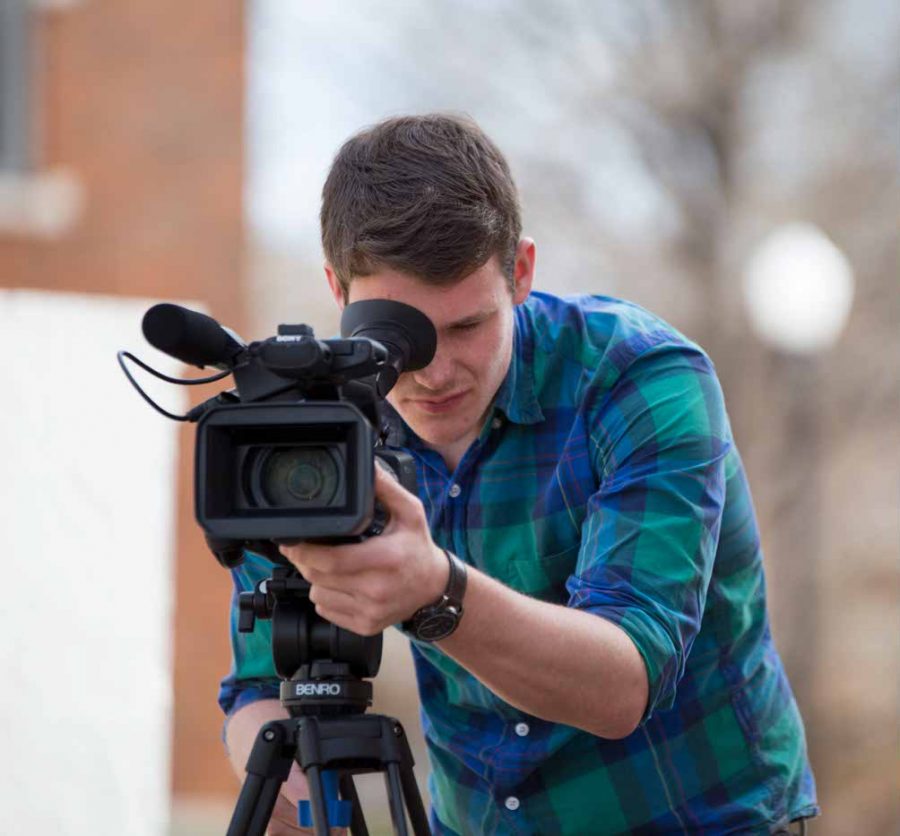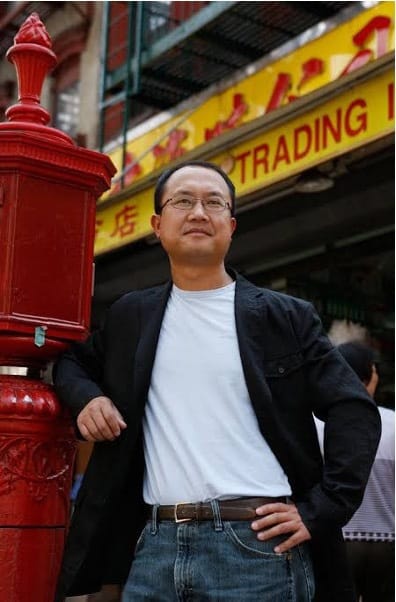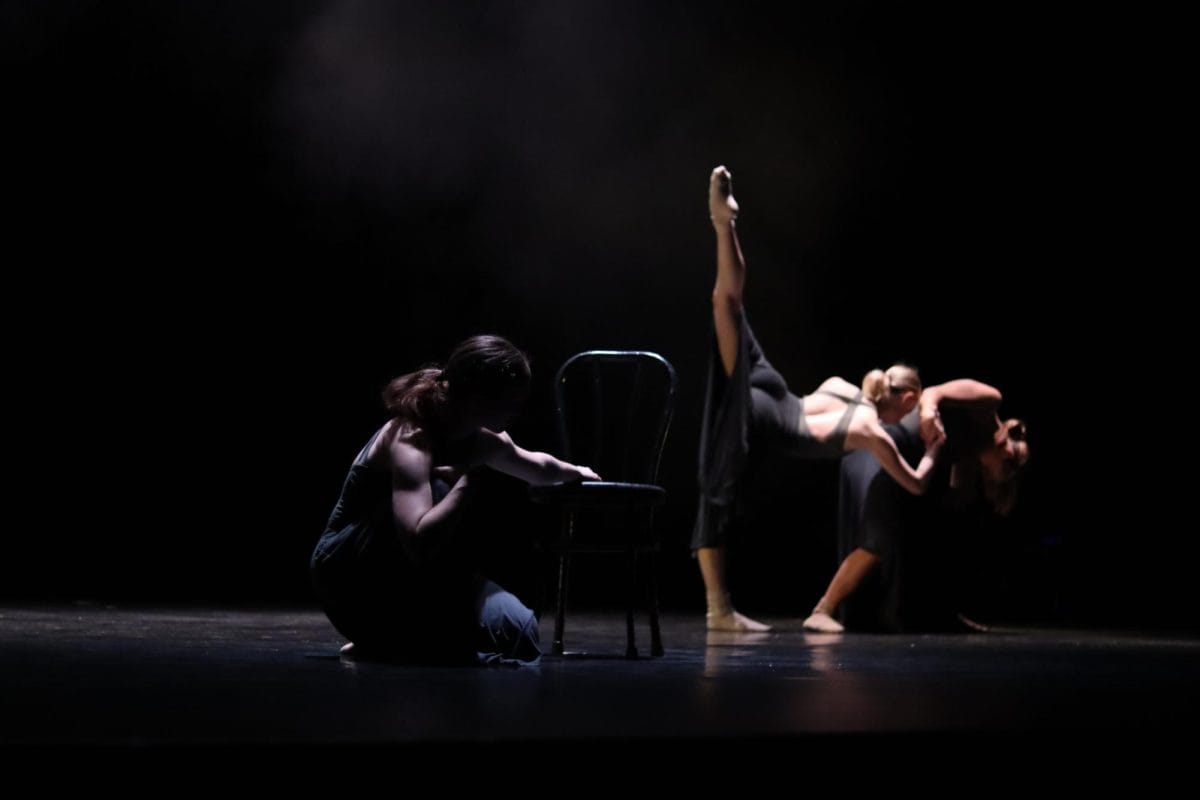By Laura Testino and Alexandra Ellsworth
When talking about film, students might think of festivals like Cannes or Sundance, living in L.A. or New York, or large-scale Hollywood productions. Tuscaloosa’s film scene may be the last thing to come to mind, but students, faculty and community members are working to change that.
Henry Busby, a University of Alabama alumnus, said he believes Tuscaloosa’s film culture began to change while he was a student at Alabama. Busby, who graduated in 2012 with a degree in telecommunication and film, said film was not much of a priority during his first year at the University. In fact, he said the film department was more focused on broadcast news, rather than creating movies.
“I was always really interested in film,” Busby said. “But it seemed like a lot of people were really frustrated and unhappy with the film department at the time. It was much more focused on broadcast news, and though they were doing that really well, there was not much of an outlet for people who wanted to create films.”
(See also “UA students participate in Sundance Film Festival“)
Busby saw a big change his sophomore year. The University began hiring several new professors. Rachel Raimist, Adam Schwartz and Andrew Grace were all big additions to the department, Busby said. The focus of the film department began to move toward storytelling and hands-on producing. There was an increasing effort to make sure students had what they needed to be effective filmmakers after graduation, and Busby said that made a big difference.
“It’s a building process,” Busby said. “Each year, though, things are getting more and more creative.”
Last year, the film department took another big step with the start of a local film festival. The Black Warrior Film Festival was established by students who recognized a need in Tuscaloosa for a creative outlet.
After attending Sundance last year, Danny Ryan, a junior majoring in telecommunication and film, and Leigh Rusevlyan, a senior majoring in telecommunication and film, began the Black Warrior Film Festival as a way to showcase student film and begin to establish Tuscaloosa as a base for networking opportunities.
“We came back and felt that there was really no place anywhere near us that appealed to student filmmakers in a festival setting, and if there’s not a place for you to showcase your film, you’re not going to make films,” Rusevlyan said. “We felt like there’s so many great, talented people in Tuscaloosa that we wanted to provide an incentive for student filmmakers so they’d have a place to showcase and make it a big event.”
The second annual Black Warrior Film Festival will take place April 11 through 13 and will feature narratives, documentaries, music videos and experimental films from students in universities across the South. Lectures and workshops led by industry professionals will be interwoven into the presentation of student films.
“I think that going to the panels and discussions and everything, and hearing from professionals and how they got to where they are, is one big step. And another big step is being able to network with other students from the University and from other universities and really build up your network so you’ll have contacts all over the country,” Ryan said.
In addition to establishing connections with professionals and other student filmmakers, students have the opportunity to explore all the aspects of film as a product of an intense collaborative process.
“Film always has to be very collaborative,” Ryan said. “You always need a crew, and everyone has their different positions and everything. Things like Black Warrior Film Festival really bring film students together in a central location that really helps the collaborative process. Even if it’s not right there, they’re at least building those relationships and becoming better friends. And ideas spark there, and ideas spark any time film students are together.”
Ruseylyan said they want the film festival to be a big deal on campus this year. Students outside of the TCF department are encouraged to participate in the Black Warrior Film Festival, and community interest in film has grown a lot in Tuscaloosa over the last few years.
The Bama Art House Film Series began in winter 2010 and could be a substantial contributing factor to growing interest by bringing independent filmmaking in town.
“There are more of those kinds of things coming around creating culture in the city, and with the Black Warrior Film Festival too, the city is moving more in that direction,” Busby said.
(See also “Student finds fame in filmmaking“)
Professors like Grace said they want to see growth in the film culture of Tuscaloosa, as well. Grace’s class, Documenting Justice, is geared toward teaching students to look at the world outside of their own perspective.
“What I hope [students] come out of [the class] with is that there are few opportunities in your career here at The University of Alabama to really think about and experience the world from somebody else’s perspective,” he said.
“I think it’s pretty easy to avoid those classes and avoid those topics and avoid, as a college student at UA, ever having to think about the world from somebody else’s perspective. And to me, the greatest benefit of making a film and making a documentary film is the ability to get outside of your own experience and think about what the world is like from somebody else’s vantage point.”
Busby said a recent testament to the success of the University’s film department comes through looking at alumni who have been taught by professors like Grace.
“There are so many people who are actually getting out of school and going to New York or L.A. or San Francisco and working in film,” Busby said. He is currently working in photography and film in New York with another UA alum.
“Changing film culture is a long process,” he said. “But if you have creative people and people with concoctions who are helping like they do at Alabama, then things will happen, and we can see it happening now.”
(See also “Students showcase filmmaking skills at MovieFest“)







